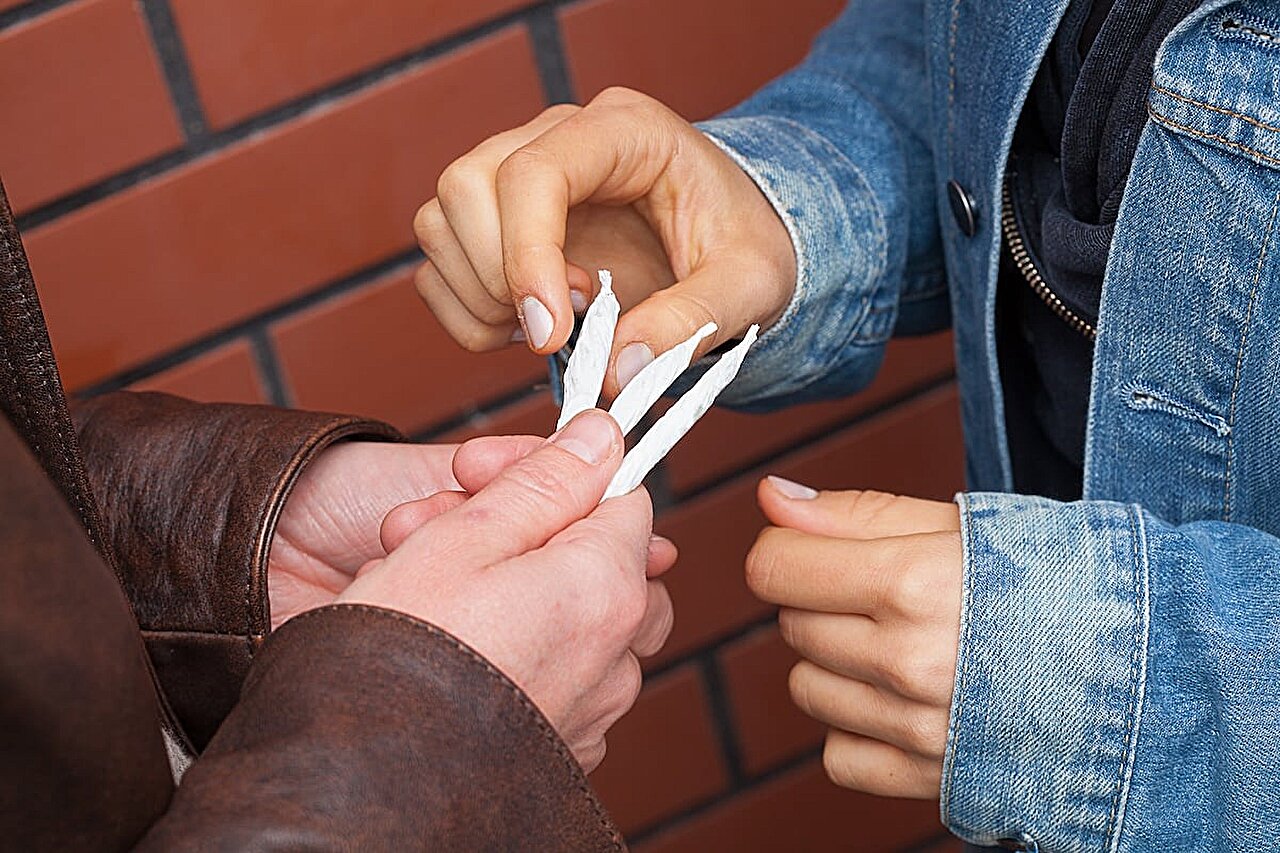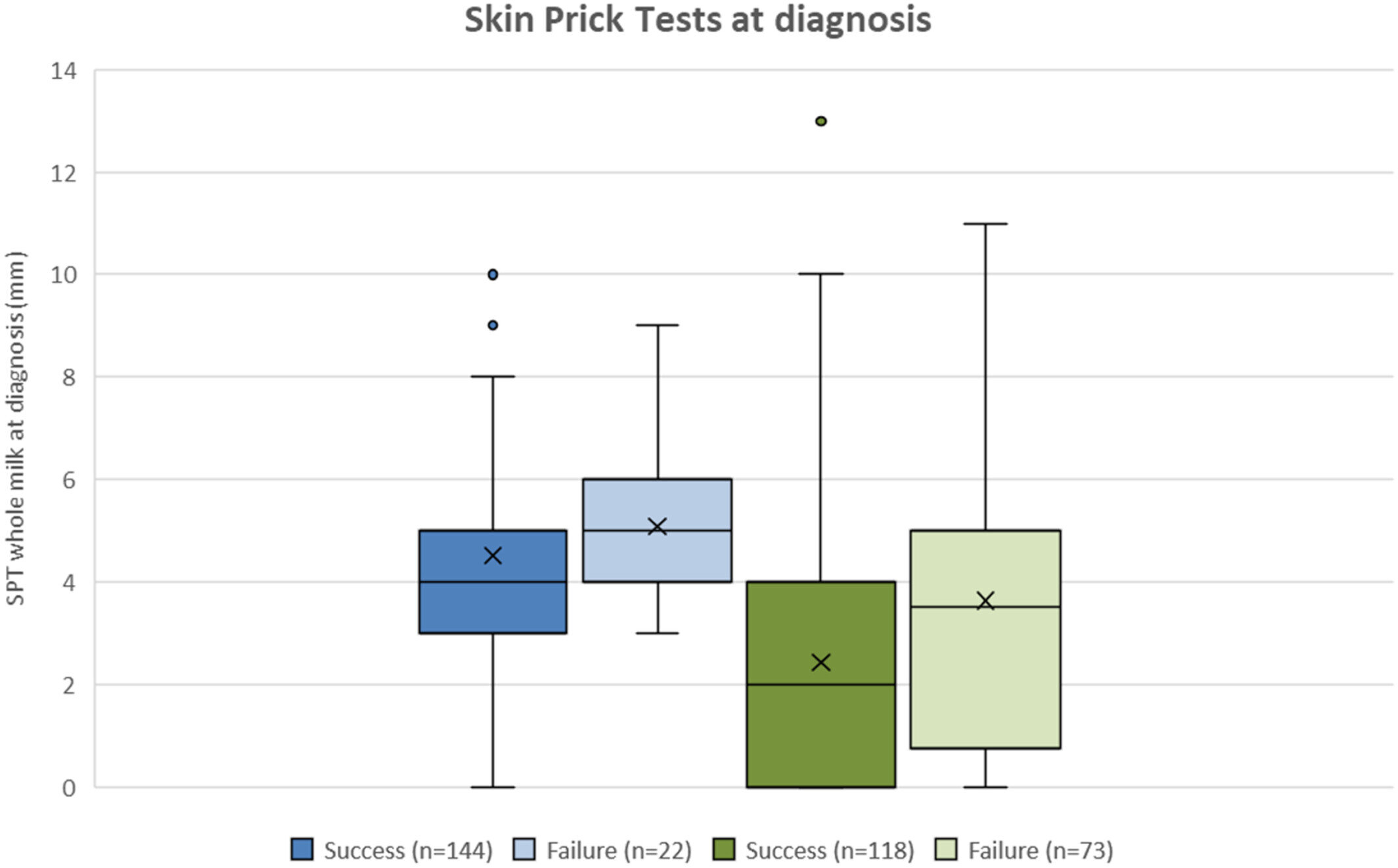
Generations of parental warnings may not be wrong: A massive study of available data finds that teens who use marijuana have significantly worse outcomes at school.
Data from 63 studies involving almost 440,000 youths found “cannabis use during adolescence is probably associated with lower school grades; less likelihood of high school completion, university enrollment and post-secondary degree attainment; and increased school dropout rate and school absenteeism,” according to Canadian researchers.
The study was led by Li Wang, of McMaster University in Hamilton, Ontario, and published Oct. 7 in the journal JAMA Pediatrics.
As the research team noted, one 2019 study found more than one in every five (22%) U.S. high school students reporting marijuana use at least once over the past month. Weed is also much more potent now than in decades past, with THC levels rising from 4% in 1995 to 14% by 2019.
“Chronic use among adolescents has been linked to long-term changes in brain architecture,” the study authors say, “resulting in impaired information processing and decreased cognitive, memory and attentive capacity in adulthood.”
So what effect might these impairments have on academics?
To find out, Wang’s team collected data from dozens of studies looking at marijuana use and academics and employment among youth.
Some of the data was more reliable than others, but the researchers found “moderate-certainty” evidence that cannabis use in adolescence and young adulthood was linked to:
- 39% higher odds for lower school grades
- 50% less chance of attaining a high school diploma
- 28% lower likelihood of going to university
- 31% lower odds for getting a college degree
- more than doubling of the odds of dropping out of high school
- more than doubling of the odds of school absenteeism
There was also “low-certainty” evidence that cannabis use in youth was tied to unemployment, Wang’s group found.
All of these risks rose with the frequency of marijuana use, and if use began early (at or before the age of 16), the analysis also found.
The researchers stressed that the data cannot fully prove that marijuana use causes all these deleterious outcomes.
For example, young people with mental health issues or other substance-use disorders may be predisposed to both use cannabis and perform less well at school, the team reasoned. Still, they say their results were “adjusted for other substance use or mental disorders.”
What’s certain is that as the United States and other countries decriminalize marijuana use, and public acceptance grows, uptake by youth is surging.
“U.S. national estimates indicate that more than 3 million youth aged 12 to 17 years have used cannabis in the past year, which is greater use than any other illicit drug,” Wang and colleagues said.
They believe that given the results of their study and these surging numbers, “Effective interventions to prevent early cannabis exposure are urgently needed.”
More information:
Find out more about marijuana’s effects at the American Academy of Pediatrics.
Olsen Chan et al, Cannabis Use During Adolescence and Young Adulthood and Academic Achievement, JAMA Pediatrics (2024). DOI: 10.1001/jamapediatrics.2024.3674
2024 HealthDay. All rights reserved.
Citation:
Study links teen marijuana use to poor academic performance (2024, October 7)
retrieved 7 October 2024
from https://medicalxpress.com/news/2024-10-links-teen-marijuana-poor-academic.html
This document is subject to copyright. Apart from any fair dealing for the purpose of private study or research, no
part may be reproduced without the written permission. The content is provided for information purposes only.


